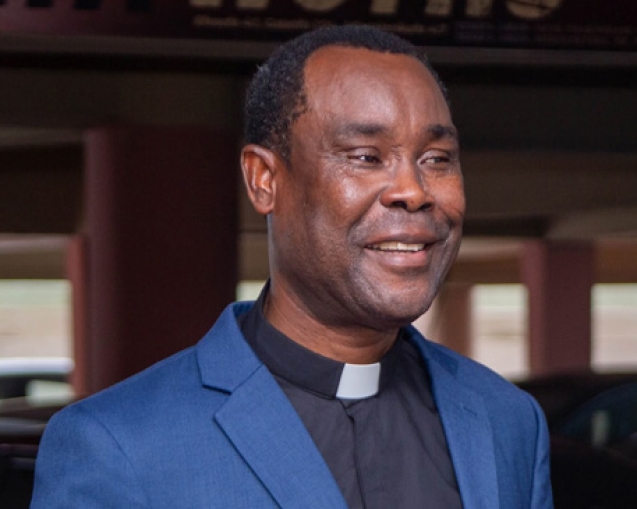In the last five years, The Church of Pentecost, under the leadership of Apostle Eric Nyamekye, has dedicated herself to the vision of influencing the public sphere with Kingdom values and principles as part of the “Possessing the Nations” agenda. This initiative aims to steer the country towards a path of progress and prosperity, leveraging values that combat bribery, corruption, theft, armed robbery, and other societal vices. However, within the Christian community, there appears to be scepticism that casts a shadow over this agenda and vision.
A well-known Ghanaian songwriter once remarked in one of his songs that “Part-Time Christians are fighting a full-time devil,” suggesting that Christians only display righteousness in the church and act the opposite in the public space. This perspective resonates with the songwriter’s observation of the lifestyles of Christians in his context.
Ghana boasts a Christian majority, with numerous employees in the country’s public institutions identifying as Christians. While the church in Ghana experiences commendable growth, the state institutions are encountering rapid deterioration. Surprisingly, many of these public servants are active church leaders who contribute significantly to the church’s expansion.
Hence, the question arises: “Why are the very individuals building the church seemingly causing the downfall of public institutions?”
This is partly because, in the eyes of the Ghanaian, all endeavours connected to the church are perceived as God’s work, demanding devotion and sacrifices. But where does this perspective leave the public offices they hold and the nation they serve? While they dedicate themselves diligently to the church, their commitment to the government and state establishments appears lacklustre. Instead, public officeholders prioritise personal gains over the welfare of the institutions they work in. This prompts the query: Could it be that some of these leaders merely assume the role of churchgoers on Sundays, only to transform into thieves and robbers from Monday to Saturday? This contradiction is disheartening, especially when contrasted with the Biblical teaching to “do everything as if working for God.”
In my view, Christianity parallels military service, where the adage “once a soldier, always a soldier” rings true. Similarly, a church leader or a Christian should embody their faith from Sunday to Sunday, regardless of the circumstances, be it within the church auditorium, on the streets, or at the workplace. If one has embraced Christ as Lord and Saviour, then they ought to dedicate their lives to Him. Consequently, every action—whether mundane tasks, strolls, or professional duties—should radiate Christ’s teachings. Christians must internalise the belief that all their endeavours, whether for individuals, private enterprises, institutions, government, or the nation at large, are a testament to their service to God.
Hence, if one occupies a governmental role and withholds funds earmarked for school construction, thereby indirectly driving someone to resort to armed robbery due to lack of educational opportunities, it can be argued that they bear a share of responsibility for that criminal activity.
As such, let us reevaluate our conduct and commit to serving the Lord not solely within the church’s walls but also within the realm of public service.
Written by Oheneba Nyarko


















